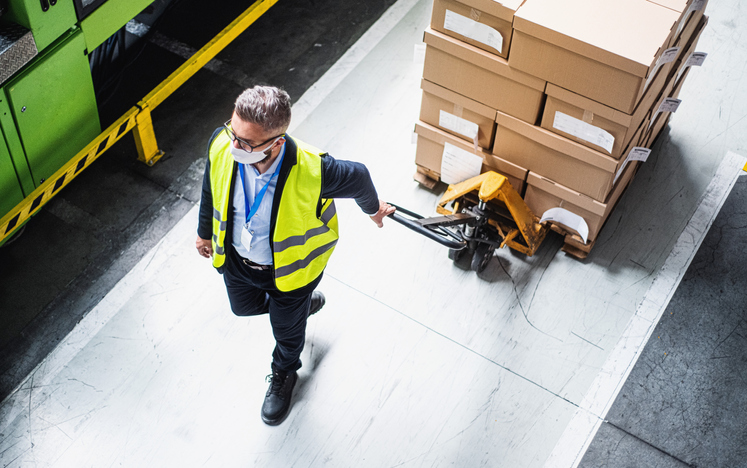Modern manufacturing businesses rely on fast supply chains to deliver their components, both domestically and internationally. However, the Brexit deal, which was agreed on the 24th December 2020, will impact how goods are manufactured in the UK and within the EU.
The EU-UK Trade and Cooperation Agreement aimed to avoid the most drastic disruptions that would have occurred with a no-deal outcome, but there are complexities and compliance issues that businesses will need to adapt to.
The deal was only agreed upon a week before it came into effect, which left little time for companies to adapt, which will cause some initial disruption. Manufacturers will need to work closely with supply chains to ensure that they can fully adapt to new trading regulations between the UK and the EU.
In a time where many manufacturers are dealing with rebuilding their supply chains following the impact of COVID-19, they must now also consider what steps they need to take to change and adapt to new trading relationships between the EU and the UK.
Added Paperwork
Tariffs are usually avoided on goods, but companies will now need to complete added paperwork and declarations when moving goods across the EU/UK border. Although the Transaction Cost Analysis (TCA) provides mutual recognition of Authorised Economic Operator (AEO) status and commits to easing the burden, some friction at the borders may still occur, particularly at a time where additional COVID-19 testing at borders will increase the risk of delays.
The UK is currently giving importers a six month grace period to allow time to get prepared, but the EU is not doing the same. The TCA is clear that parties will co-operate on customs facilitation, especially roll-on, roll-off ports such as Dover. This means that, over time, disruption should ease but manufacturers should consider how this will impact their business in the short term.
There will also be additional compliance costs for businesses when it comes to completing paperwork. This extra cost could be substantial for those who are operating on slim margins and suppliers may pass them on to customers and end consumers. While this impact will not be as significant as the imposition of tariffs would have been with other deal agreements, it will amount to additional costs.
What Are The Rules of Origin?
In order for goods to be traded between the EU and the UK to benefit from being duty and quota-free, they must meet the requirements on “rules of origin”, which ensures that the goods do come from the EU or UK as stated. These rules do not cover goods that fall under any other third countries that both the UK and the EU have free trade agreements with.
Depending on what the product is, they will have different rules of origin. For example, petrol and diesel vehicles will have to be made up of 55% of parts from the EU or UK to qualify, whereas electric and hybrid must be 40% EU/UK (which increases to 45% by 2026). The agreement outlines details on how this is calculated and what will be excluded from the calculation, such as the PPE and energy used in the manufacturing process.
This means companies must carefully assess their supply chains to understand where the parts of all their goods originated from, in order to be compliant. Record-keeping will be even more critical for businesses in the future than it is now, as detailed records and transparency are more important than ever to enable businesses are abiding by the new regulations.
Certification
As part of the negotiations, the UK sought agreement on mutual recognition of product conformity assessments, which would have reduced costs and administration for businesses. This is done by providing a certificate of conformity issued by a UK body to be valid across the EU and vice-versa.
However, the TCA does not provide for mutual recognition, meaning UK businesses selling in the UK and the EU will need to be compliant with two different regulatory regimes. Companies will need to carefully assess their compliance to make sure that they are validly placing goods on the market, meaning clear collaboration with supply chains will be required in this regard.
How to Remain Compliant
To conquer the potential hurdles that Brexit may have thrown up, there are some ways you can ensure you remain compliant, including:
- Thoroughly map and audit supply chain, particularly when it comes to lead times
- Review internal skills for dealing with documentation relating to import and export – including International Cooperation (INCO) terms, Certificate of Origin, etc.
- Review and update International Certifications. This includes driving licences, environmental, health and safety, Registration Evaluation Authorisation and Restriction of Chemicals (REACh)
- Audit international contracts, specifically agency and distribution agreements and liability for damages and penalties
- Audit third-party providers, such as freight forwarders, road/rail/sea transporters, for their Brexit understanding and plans
- Identify and prioritise key business interruption risks, and develop a “live” contingency plan which is regularly updated








